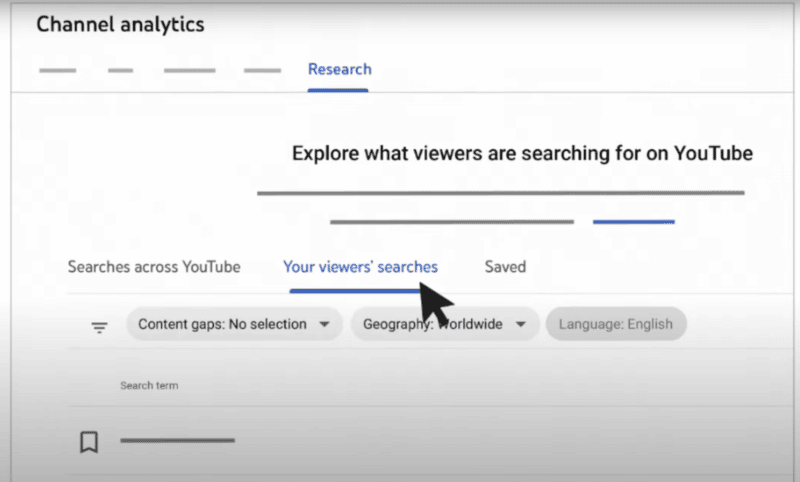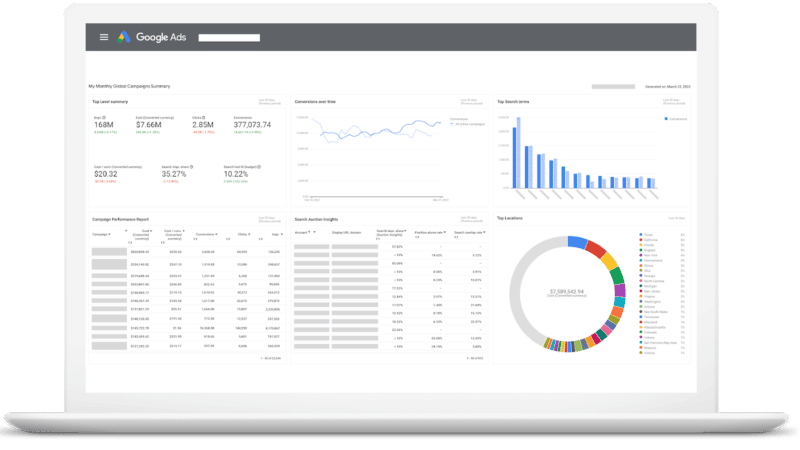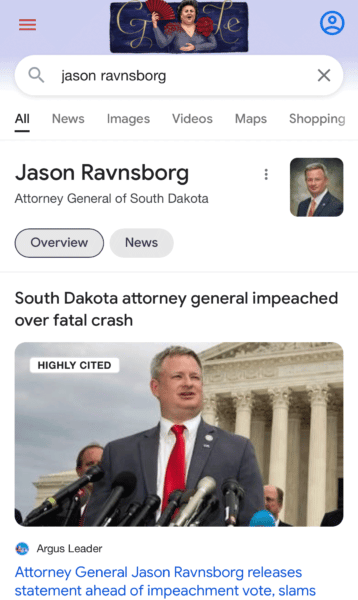
YouTube launching new search insights tool
YouTube Search Insights, which was previewed as an experimental feature in November, will become available to all creators and brands by the end of this month, the company announced.
The tool shows you data based on searches across all of YouTube, as well as just your viewers’ searches. There is also a content gap filter, which shows you searches for which searchers were unable to find a video. These are bucketed by search volume (high, medium, and low).
Where to find the tool. Head to YouTube Studio. After you click on Analytics, the search insights will be available under the Research tab. Because this doesn’t launch fully until the end of April, you might not see it yet.

Data the tool provides It will only provide aggregated data from the past 28 days on English language search terms from the U.S., UK, Canada, Australia, and India. The company plans to roll this out to more languages and regions as soon as possible. That’s according to this video published on the Creator Insider YouTube channel.
Source: YouTube launching new search insights tool
Marketers report Meta bug turning off Facebook ads
Many advertisers woke up this morning and upon opening their Meta for Business accounts, found that ads were turned off late last night. Adding to the injury, in many cases the ads turned off were some of the best-performing assets.
Meta has not issued a statement, but if you are running Facebook Ads it would be prudent to log into your accounts and check to see if any of your ads were inadvertently turned off on or around 7 p.m. PST Tuesday.
What to do. Rok Hladnik shared on Twitter an easy way to diagnose if the ads were running and subsequently turned off. To view, simply view ads in ad manager that have been serving, then view “ad delivery.’” Within the ad delivery selector, you will be able to choose the “off” button to showcase ads that are off.
Source: Marketers report Meta bug turning off Facebook ads
Google Ads launches manager account dashboards
Google Ads today announced that advertisers can now use dashboards at the manager account level.
What it looks like. The dashboard is broken down into these areas:
- Top Level summary
- Conversions over time
- Top search terms
- Campaign Performance Report
- Search Auction Insights
- Top Locations
Here’s a screenshot from Google:

How to get it. Simple. Go to the Reports menu of your Google Ads manager account and click on Dashboards to get started.
Additional changes to dashboards. Google said they have also made five improvements. You can now:
- Change date ranges and filters for the entire dashboard.
- Add interactive table cards, rich formatting features, and conditional formatting
- Download higher-quality reports more quickly.
- Resize cards and layouts dynamically based on window size
- Create a dashboard card by copying over existing saved reports
Source: Google Ads launches manager account dashboards
Google’s new highly cited label for top stories is now live
Google’s new highly cited label for top stories in the mobile US English search results are now rolling out. Google announced this feature a few weeks ago and told us it would be rolling out soon, and now it is.
What it looks like. Here is a screenshot I took last night on my iPhone (while in New York) of the label showing up in this story. I first noticed this from @JoePawl on Twitter. Notice the “highly cited” label in the top left corner of the story’s image, you can click on the image to enlarge it.
Highly cited label. The highly cited label will help searchers identify stories that have been frequently cited by other news organizations. Google said this will help elevate original reporting that it first spoke about in 2019 as an area Google wanted to improve on. This label will give confidence to searchers that the story is cited by many other journalists and probably offers unique and valuable information that you can rely on. Google said this helps searchers find the “most helpful or relevant information for a news story.” A Google spokesperson told us this label is building on the search company’s efforts for the fact check explorer.
Source: Google’s new highly cited label for top stories now live
Google shares deeper insight into audience signals in Performance Max campaigns
Google has shared additional insight on how advertisers can help steer their most recent Google Ads campaign type, Performance Max. A Google spokesperson gave Search Engine Land additional clarity around ‘audience signals,’ one of the levers that advertisers can utilize when setting up these highly automated campaign types.
Audience signals as a jumpstart. Last week Ginny Marvin, Google Ads product liaison, indicated that the audience signals are used to “jumpstart” Performance Max campaigns only.
Google, however, added additional context around how audience signals can impact early performance within campaigns. “Including them early in the campaign lifecycle can be useful to help jumpstart performance, but they will also continue to inform our systems over the campaign lifecycle, especially as first-party data, in particular, is updated,” the company said.
So not only can that audience signal help to jumpstart the campaigns, but will also inform throughout the lifecycle of the campaign. Additionally, these signals can help to inform systems over time.
Of course, these audience signals are different than traditional audiences in Google Ads. Performance Max will expand beyond the audience signals provided and by nature there is no way to limit that expansion.
Knowing that the audience signals are used as directional help, we asked for clarification on when additional campaigns should be created. For example, would it be beneficial to duplicate campaigns and simply change the audience signal in each to see if one helped jumpstart faster? “Advertisers should create one campaign if they’re using the same targeting and assets … you can associate audiences with assets and asset groups, and you can create multiple such groups in a campaign,” Google said. They added that the multiple groups in a campaign “will help consolidate learnings and give ML more data to work with.”
Source: Google shares deeper insight into audience signals in Performance Max campaigns
More news:
Pinterest Bans Climate Change Misinformation
Google multi-search – search by image and text at the same time
